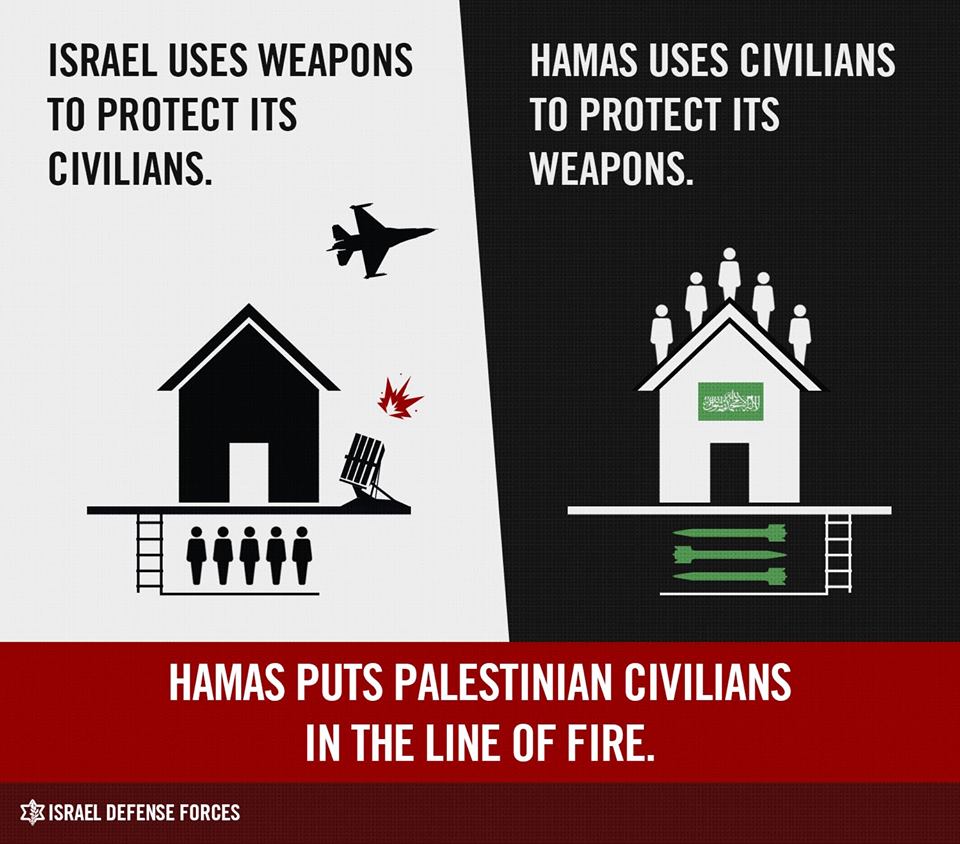Cold and misty morning, I heard a warning borne in the air
About an age of power where no one had an hour to spare …
Emerson, Lake & Palmer, “Karn Evil 9, 1st Impression, Part 1”
Imagine that you just stepped out of a time machine into the mid-1930s with a case of partial historical amnesia. From your reading of history, you can still remember that the nation has been beset with economic difficulties for several years that will continue for several more. You also clearly remember that this is followed by participation in a global war, but you cannot recall just when it starts or who it’s with. A few days of newspapers and radio broadcasts, however, apprise you of obvious precursors to that conflict and various candidates for both allies and enemies.
As mentioned several times in this forum, I adhere to a historical model, consisting either of a four-part cycle of generational temperaments (Strauss and Howe), or a related but simpler system dynamic/generational flow (Xenakis
). That model posits the above scenario as a description of our current situation and a prediction of its near future: a tremendous national trial, currently consisting mostly of failing domestic institutions, is underway. It will somehow transform into a geopolitical military phase and reach a crescendo early in the next decade. It cannot be avoided, only confronted.
Nor will it be a low-intensity conflict like the so-called “wars” of recent decades, which have had US casualty counts comparable to those of ordinary garrison duty a generation ago. Xenakis has coined the descriptive, and thoroughly alarming, term genocidal crisis war for these events. Some earlier instances in American history have killed >1% of the entire population and much larger portions of easily identifiable subsets of it. Any early-21st-century event of this type is overwhelmingly likely to kill millions of people in this country, many if not most of them noncombatants. And besides its stupendous quantitative aspect, the psychological effect will be such that the survivors (including young children) remain dedicated, for the rest of their lives, to preventing such a thing from ever happening again.
I will nonetheless argue that no matter how firmly convinced we may be that an utterly desperate struggle, with plenty of attendant disasters, is inevitable and imminent, we must avoid both individual panic and collective overreaction.

